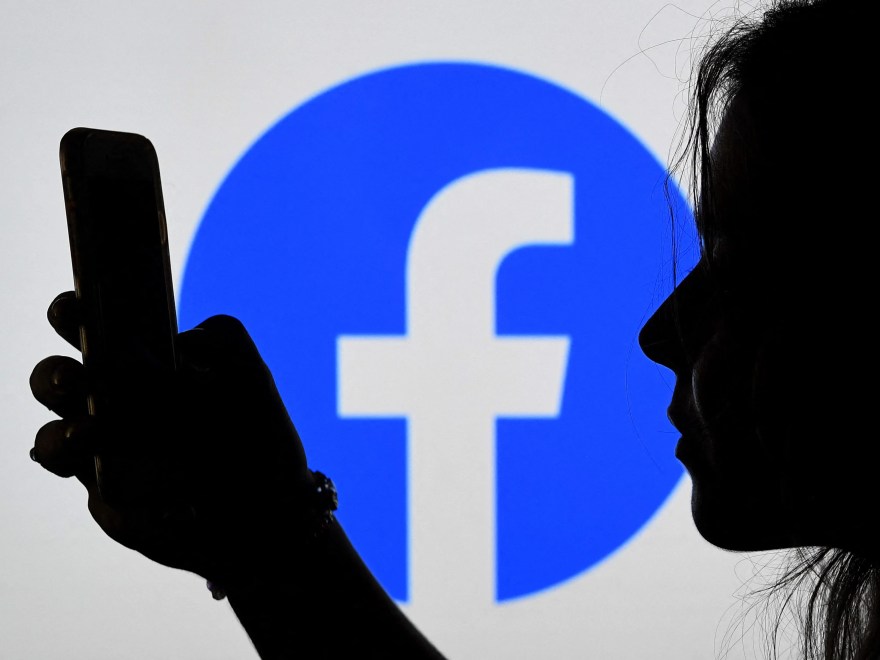This week, Australian mining billionaire Andrew Forrest won his lawsuit against Meta Platforms in court after a US judge denied the company’s motion to dismiss it. Forrest claims that Meta, the company that owns and runs Facebook, Instagram, Threads, WhatsApp, and other products and services, enabled a large-scale cryptocurrency scam campaign that exploited his likeness and deepfakes to defraud gullible people out of millions of dollars.
Facebook: On Fake Endorsements And Real Losses
The main focus of the case is a string of Facebook ads that allegedly showed Forrest supporting bitcoin schemes and other questionable investment options. Over a thousand of these advertisements appeared in Australia between April and November 2023, according to court records.
These ads, which included edited videos of Forrest and fictitious testimonials, were meant to look real. According to Forrest, some of these deepfakes were produced with Meta’s in-house advertising tools, which use generative AI to improve graphics.
A screenshot of the lawsuit document. Source: USDC Northern District of CA.
The promotion had a wide-ranging effect. According to the lawsuit, people lost millions of dollars as a result of these dishonest ads. Forrest contends that the success of the fraud was a direct result of Meta’s careless advertising policies and priority of ad income.
A Case For Social Media Accountability
In the ongoing fight to make social media companies responsible for the content they host, this lawsuit could be a turning point. Platforms such as Meta have long benefited from wide immunity under Section 230 of the Communications Decency Act, which releases them from liability for content uploaded by other users.
Dr. Andrew Forrest sued Meta over scam Facebook ads that included deepfakes of him promoting crypto.
He alleged that Meta’s software helped to create some of the scam ads via GenAI tools.
Today, the court ruled that his publicity rights and negligence claims can go forward. pic.twitter.com/LH7jQ6wFVP
— Rob Freund (@RobertFreundLaw) June 18, 2024
But the root of Forrest’s complaint is that Meta’s insufficient review procedures and advertising tools contributed to the production and distribution of these false advertisements.
Meta’s move for the case to be dismissed was denied by Judge Casey Pitts, who also noted the case’s importance. According to his writing, Forrest asserts that Meta made more money from advertisements including his likeness than it would have from those without.
Total crypto market cap currently at $2.3 trillion. Chart: TradingView
The Challenge Of AI-Generated Deception
An additional layer of complexity is introduced to the problem with the use of deepfakes and AI-generated material. With the ability to produce incredibly lifelike and convincing fakes, these technologies are making it harder and harder for users to distinguish between frauds and authentic information.
It’s still unclear how the case will turn out. But it has already started a discussion about the obligations of large social media companies like Facebook as well as the possible risks associated with unchecked AI technology.
Featured image from Getty Images, chart from TradingView
